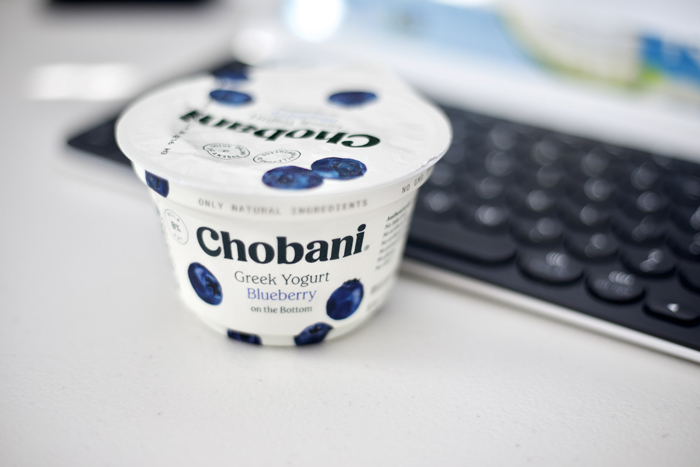 Feature Image by Jainath Ponnala
Feature Image by Jainath Ponnala
Few things level up to the feeling after a good workout, and there is an abundance of benefits from even the quickest exercise sessions. A brief run around the block or an intense, long-winded HIIT session can help to boost energy, endorphins, sleep quality, and more.
If you want to continue to reap the benefits of your workout, you must take care of your body post-workout, and there’s one magical method that will replenish the muscles, heal microtears, and soothe aches.
Today we’re talking about food: specifically its role in aiding in your recovery and fueling your post-workout journey. In doing so, we will touch on topics like when and what to eat after a workout session so that you can maximize the benefits and feel your best.
In the article, This Is What Happens When You Don’t Eat Enough After Working Out, Amy Marturana Winderl, C.P.T says, “…skipping a post-workout nosh becomes a habit, you risk compromising your fitness goals, and also just feeling crummy.” We understand that as busy gals and fellas, it’s easy to skip a meal — especially if you’re already tight on time and squeezing in a quick workout to begin with. However, you definitely don’t want to get into the habit of missing that window of opportunity.
This begs the question, how soon should you eat after a workout, and what foods will serve you best?
When is the best time to eat after a workout?
Hot take, you cannot answer this question the same for everyone. If you’re someone who opts for a short, brisk workout you won’t need to scarf down a snack as soon as you set the weights down. However, if you’re working through endurance training you’re going to want to load up on key nutritional components as soon as possible.
- If you’re completing an intense workout, aim to eat within that 15-minute window after you exercise.
- For mid-impact workouts, you can eat within that 30-minute window after your workout (this is the sweet spot for most dietitians).
- For low-level impact workouts, you have a bit of freedom here with a 45-minute to one-hour window.
While food is important in your post-workout routine, we should note that this eating window is structured for snack-like meals. However, what your body needs (what it tells you intuitively speaking) will vary from person to person.
What should I eat after a workout?
Like we mentioned before, you want to choose foods that promote recovery. Carbohydrates and protein are two key players that will serve up a serious game in your post-workout routine, fueling your body with energy and repairing microdamage. As Grace DeSimone mentions in What To Eat Before, During, and After Exercise, published in ACSM’s Health & Fitness Journal, “it is good to get into the habit of refueling post-workout with a small snack that includes carbohydrates and protein.”
However, what you consume isn’t limited to carbohydrates and protein. You can get the goods your body needs from resources like fat, electrolytes, and of course, water. Here’s what to eat post-workout broken down by eating window:
- Those first 15 minutes. This would be a great time to load up on carbohydrates. Simple carbohydrates actually prep your muscles to readily absorb the more complex nutrients you might digest later in the day. Fruits and milk products are rich in simple carbohydrates, so we suggest a cup of yogurt topped with your favorite fruit.
- Those first 30 minutes. Monounsaturated fats and polyunsaturated fats are drawn on for energy, which is something you’ll need in that first 30-minute window post-workout. To receive energy, dietary fats have to be broken down into fatty acids. Turn to hemp, pumpkin seeds, vegetable oils, nuts, and fish.
- Those first 45 minutes. You can’t go wrong with plant-based proteins, opting for foods that are nutrient-dense with antioxidants and vitamins and minerals. Legumes, tofu, leafy greens, whole grains, and pseudo-grains like quinoa help to regenerate cellular tissue.
It’s not encouraged to indulge in a hearty meal post-workout, but taking what you know now about the types of foods you should consume can help you sculpt a hearty snack that promotes recovery and health. As always, consult your nutritionist or fitness trainer with any additional questions about fueling yourself after a workout.
xx, The FabFitFun Team




